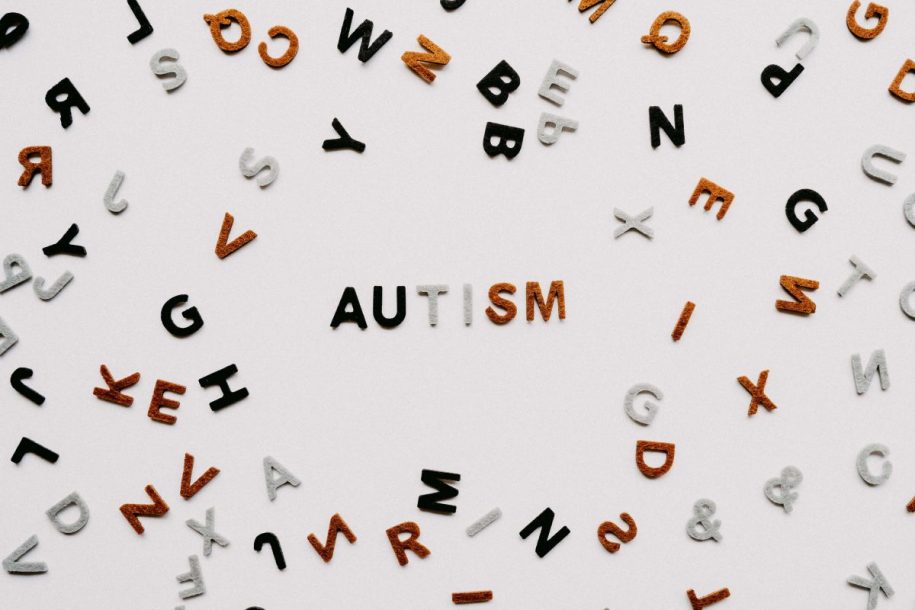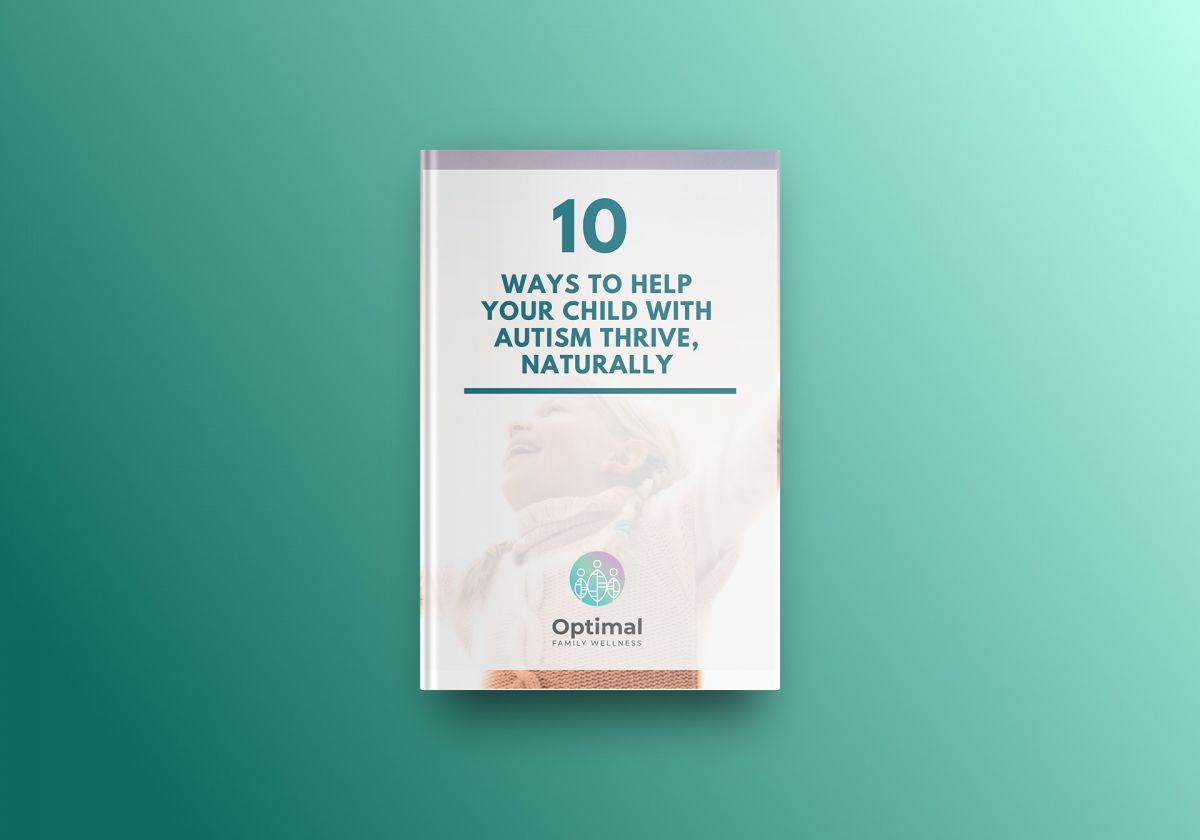The best, and worst, foods for children on the spectrum
When it comes to supporting children with autism, people often think about medications and complex therapies. But food and nutrition can be just as important.
Research is continually uncovering the potential harm of additives and artificial ingredients on neurological development and behaviour in children, which is especially crucial for those on the spectrum.
But as parents, how do we know the best foods for our children, or which ones to avoid?
Be guided by instinct and experience
Most parents will have noticed certain foods seem to trigger hyperactivity or a heightened state in their children, and this is especially true for those with autism. The triggering foods, and reactions they cause, are different for everyone, but could present as:
- stimming
- outbursts or tantrums
- anxiety, crying or overwhelm
- yelling and general loudness
- lashing out: throwing toys, hurting themselves or others, or intentionally damaging walls and doors; or
- physical signs of intolerance and sensitivity such as headaches, nausea, bloating or skin eruptions
Keeping a food and mood diary to record the foods and drinks your child has consumed and their behaviour that day can make it easier to uncover the culprit.
Avoid foods that may aggravate autism symptoms
People with autism have a higher rate of gut-health irregularities, leading to digestive difficulties, malabsorption of nutrients, and inflammation.
Some studies estimate 90 per cent of people with autism are living with gastrointestinal distress.
Some parents may find their children’s symptoms are reduced by trialling the elimination of foods that exacerbate these symptoms, including:
- Gluten: Gluten has an inflammatory effect on internal organs in people with coeliac disease , gluten intolerance and digestive enzyme deficiency, and many families report improved focus and reduced neurological symptoms in their children with autism following gluten elimination.
- Dairy: Lactose intolerance affects more than 75 per cent of the population, because levels of lactase, an enzyme required for digestion of lactose in dairy, naturally declines in all mammals after weaning. Signs of lactose intolerance can be prevalent among children with autism due to their impaired microbiome, so you might opt for a dairy-free alternative such as coconut milk, almond milk, coconut yoghurt and cashew cheeses, provided there are no nut allergies present. Be cautious about using soy products as an alternative to dairy, as soy has also been linked to worsening behavioural difficulties and autism symptoms.
- Sugar: We all know sugar can change the way we feel, and it has an almost immediate drug-like effect on the reward centres of our brain. Studies have found autistic children also have decreased mRNA levels of hexose transporters in the ileum and malabsorption in the small intestine, leading to more mono and disaccharides (sugars) in the large intestine. Intestinal bacteria then feed on these sugars causing fermentation and altered microbial composition in the GI tract, triggering diarrhoea and bloating. This is concerning because gastrointestinal symptoms are known to correlate with the severity of autistic behaviour.
- Corn: Corn and its derivatives such as high fructose corn syrup are high in carbohydrates and act similarly to sugar on blood glucose levels and brain functions. Corn, being a grain, is also highly contaminated with pesticides and mould and has been found to make autism symptoms worse.
- Additives: Studies are increasingly revealing links between food additives and autism. One such study has found the preservative propionic acid (PPA), commonly found in processed foods, can affect the development of both the foetal brain, and children with autism. Looking at ingredients labels and avoiding food products with artificial additives, flavours, colours and preservatives is recommended to avoid these negative reactions.
Foods to support gut health and mood regulation in autism
Getting children to eat all the food on their plate is never an easy task, and it can be especially stressful for parents of children with autism, who may experience textural sensitivities and resistance to trying new things.
While wholefoods are the ideal source of nutrition, supplements may be necessary for some children to obtain all of the required nutrients for their age group.
These include:
- Vitamin D: Vitamin D is one of the essential nutrients for immune health, mental development and bone health, often found in low levels among children with autism. Vitamin D is synthesised through sunlight exposure but supplementation is often required to reach the recommended levels.
- Fibre: Children with autism are more likely to have an inadequate intake of fibre which can complicate already problematic bowel issues, such as constipation. You can increase fibre intake with wholegrains, unpeeled fruits and vegetables, or by disguising fibre supplements in baked goods and smoothies.
- Omega-3: Found in seafood and fatty fish, nuts and seeds and plant oils, omega 3 supports mental health, development, and performance and regulates blood glucose.
- Melatonin: An important hormone-regulator, melatonin improves sleep quality, mental performance, and digestive wellbeing. Melatonin is produced by the body upon exposure to darkness, which is why avoiding screen time before bed is crucial. Melatonin can be found in some foods including fish, eggs, black rice, mushrooms, and breastmilk.
- Zinc: Zinc is an essential mineral required for immune health, digestion and sense of taste. Because of this, children with low zinc are more likely to experience food aversions. Zinc is found in poultry, red meat, oysters, baked beans, chickpeas, nuts and seeds.
- Prebiotics and Probiotics: Pre and probiotics are found in both supplement form, and some foods like bone broth, vegetables, and fermented foods like kefir and kimchi. They are known for supporting gut health which is especially important because of the gut-brain axis connection in autism spectrum disorder.
Elimination diets and finding foods that work for your child
A common approach to improving health and behaviour is eliminating specific foods from a child’s diets. However, unnecessarily removing foods from an already restricted diet presents risks, so elimination diets should only be trialled with professional guidance, to ensure adequate nutrient intake and appropriate supplementation.
Whatever method you try, the key to encouraging healthy eating in children with autism lies in making food fun.
Keep it light: It’s important to create a relaxed, casual and calm atmosphere at meal times. Don’t overload your child’s plate and make sure there’s no pressure to eat everything.
Snacks galore: Having ready-to-go wholefood snacks available ensures your child has something healthy to eat when hunger hits. Vegetable sticks, fruits, nut or seed butters, home-made muesli bars, and dehydrated fruits all present healthy, easy options.
In disguise: Using disguising methods can be an effective way to increase nutrients from healthy wholefoods your child might otherwise refuse. Some options include blending wholefood powders into smoothies, adding probiotics to drinks, blending vegetables to make sauces, making home-made nuggets from non-processed meats, and boosting pasta and pastries with veggies.


